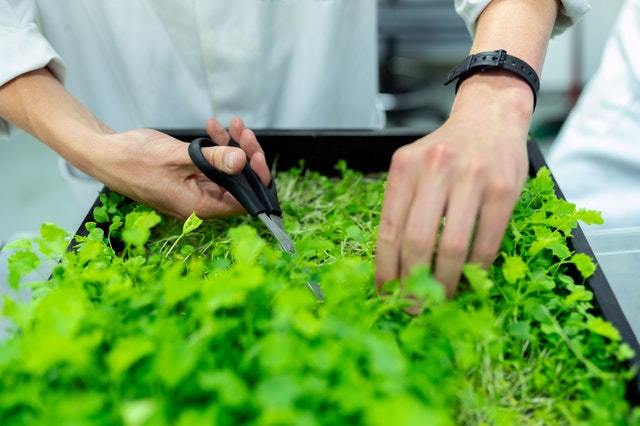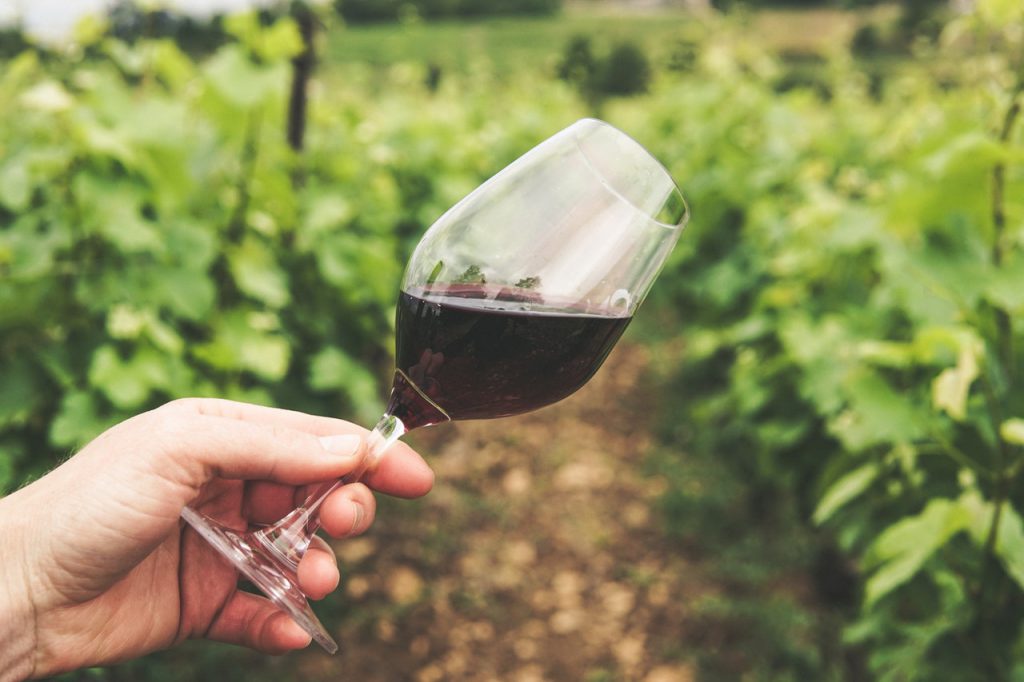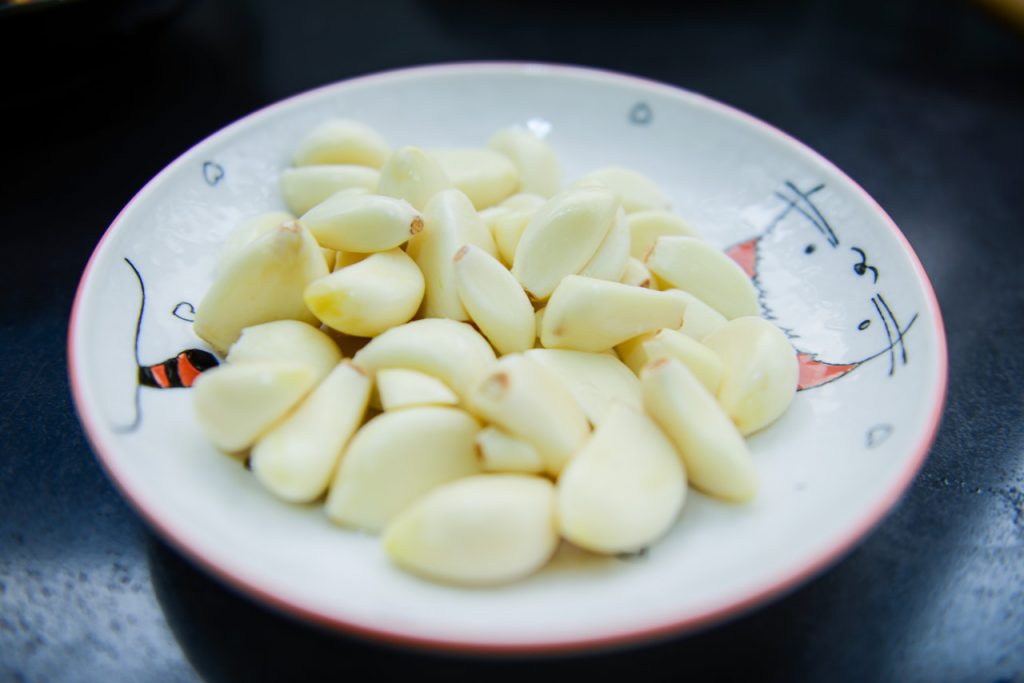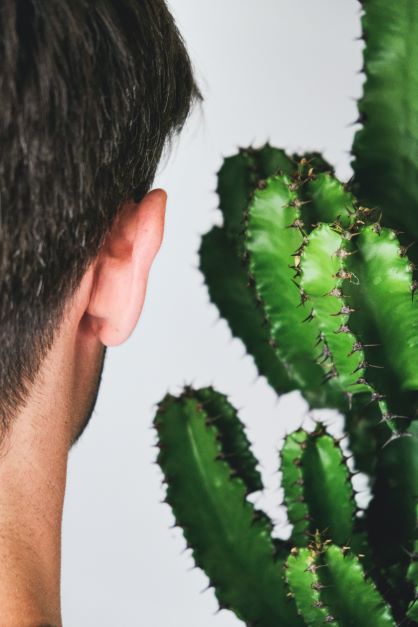These Vitamins and Herbs Can Combat Hearing Loss

Sensorineural hearing loss, the most common type of hearing loss, is permanent. Once the hair cells of your inner ear are damaged, they do not regenerate. This hearing loss is most commonly due to aging or exposure to loud noises. Although there are many options for treating hearing loss such as hearing aids, cochlear implants, and surgery, the best way to deal with hearing loss is to avoid it altogether. Herbs and vitamins may be good for hearing loss.
This includes avoiding loud noises and taking care when listening to music or working in a noisy environment by wearing hearing protection. However, there are also dietary changes that can possibly help protect hearing and stave off hearing loss when combined with diligent hearing protection!
Supplements and Vitamins for Hearing Loss Protection

-
Resveratrol: this antioxidant is found in several foods, including blueberries, raspberries, mulberries, and peanuts. It’s also found in the skin of grapes, which means resveratrol is also found in red wine (wine lovers rejoice!)
Resveratrol has been found to reduce bad cholesterol and prevent blood clots. One study demonstrated that resveratrol reduced the expression of a protein associated with noise-induced hearing loss, which means that having it present in your system may offer a means of protection by way of reduced inflammation if you are exposed to loud noise. -
Vitamin B-12 and folate: these two vitamins are present in many foods including liver, egg yolks, dried beans, split peas, spinach, beetroot, brussels sprouts, and broccoli. They work with vitamin C to help the body synthesize new proteins, red blood cells, and white blood cells. They are important in cell and tissue repair and DNA synthesis.
A research study published in The American Journal of Clinical Nutrition found that elderly women who regularly took vitamin B-12 and folate supplements had significantly less hearing loss compared to women who did not take the supplements. -
Vitamin A: this vitamin is found in many fruits and vegetables such as carrots, apricots, cabbage, grapefruit, lettuce, spinach, watermelon, tomatoes, and sweet potatoes. Vitamin A is beneficial for many parts of your body, including your vision, immune system, and reproductive system. Vitamin A is also important for the proper functioning of the heart, lungs, and kidneys.
A study of 3,000 people over the age of 50 found that the use of vitamin A supplements cut the risk of developing moderate to severe hearing loss nearly in half. - Vitamins C and E: these two vitamins are powerful antioxidants that are found in many fruits and vegetables, including oranges, grapefruits, and bell peppers. Vitamin C fights off free radicals and helps the body’s regeneration of other antioxidants such as Vitamin E. Both can help boost your immune system, which in turn reduces your risk of developing ear infections.
-
Omega-3 fatty acids: the omega-3 polyunsaturated fatty acids found in any fish such as salmon, tuna, or sardines can be very beneficial in helping to prevent hearing loss.
A study that followed the diets of over 62,000 women for 19 years found that women who ate fish at least twice a week had a 20% lower risk of developing hearing loss. It’s thought that the fatty acids are important in maintaining blood flow to the cochlea, an organ in the inner ear, important for transmitting sound signals to the brain for processing.
Omega-3 fatty acids can also be found in fish pills; if you’re a vegetarian, try flax seed pills, which also contain the important fatty acids. - Magnesium: this mineral is associated with over 300 different enzymatic reactions in your body; it is important in muscle and nerve functioning, blood pressure regulation, and immune system support. Magnesium is also known to provide protection against noise-induced hearing loss.
You can find magnesium in many foods such as spinach, squash and pumpkin seeds, lima beans, tuna, brown rice, almonds, dark chocolate, avocados, yogurt, bananas, potatoes, artichokes, and broccoli.
Herbs for Preserving Your Hearing
- Ginkgo Biloba: While native to Asia, the this tree is found in many cities throughout the United States due to its hardiness. The tree produces large and fan-shaped leaves that have been used in home remedies for centuries. Thankfully, you can now take your gingko in pill form, which is good news, because gingko promotes good blood circulation throughout your body. Good blood flow is important for your inner ears for healthy hearing function.
- Hawthorn Berry: these berries have been used for hundreds of years for everything from high blood pressure to treating digestive problems. Like ginkgo, hawthorn berry or its extract may aid in preventing hearing loss because it promotes better blood flow and circulation.
-
Spearmint: no, not the gum. As we mentioned above, folate or folic acid has been shown to be important for hearing health. A study published in the Journal of Otolaryngology-Head and Neck Surgery showed that low folic acid levels in the blood of elderly subjects was associated with a significant increase in age-related hearing loss.
Folic acid is easy to get in supplement form, but you can also get your dose by putting dried spearmint, which is high in folic acid, on top of desserts or into a hot cup of tea. -
Garlic:

Many middle ear infections that can cause hearing loss are caused by viruses, but some are caused by bacteria. One natural way to thwart bacteria is to consume plenty of garlic, which is known to have antibacterial properties. You can purchase garlic oil from health food stores and put drops in the affected ear; you can also eat raw garlic to gain the antibacterial benefits (and people repellant effect as well!) - Dill: zinc is an important nutrient for hearing health; our ears have the second highest concentrations of zinc in our bodies, surpassed only by our eyes. One study found that tinnitus and sensorineural hearing loss was improved in one third of elderly patients that took a zinc supplement. Fresh or dried dill is a great way to make sure you get enough zinc.
The information in this guide has been written using the following reliable sources:
https://www.audicus.com, https://www.neilsperlingmd.com, https://www.ncbi.nlm.nih.gov, https://accuquest.com, https://yourhearingcenter.com, https://journals.sagepub.com, https://academic.oup.com, https://pubmed.ncbi.nlm.nih.gov, https://www.eurekalert.org,
The post Herbs and Vitamins for Hearing Loss Protection appeared first on Olive Union.





 Everyone has had or dealt with dry skin at some point in their lives. It can be caused by the environment, allergens, lifestyle decisions, and many other varying factors and can be quite a nuisance to deal with, even painful. Similarly, the same can be said for dry ears. Similar to how skin produces oil […]
Everyone has had or dealt with dry skin at some point in their lives. It can be caused by the environment, allergens, lifestyle decisions, and many other varying factors and can be quite a nuisance to deal with, even painful. Similarly, the same can be said for dry ears. Similar to how skin produces oil […] Web designer is a particularly accessible job for the hearing impaired as well, because most of the communication involved tends to be digital. Salary...
Web designer is a particularly accessible job for the hearing impaired as well, because most of the communication involved tends to be digital. Salary...
